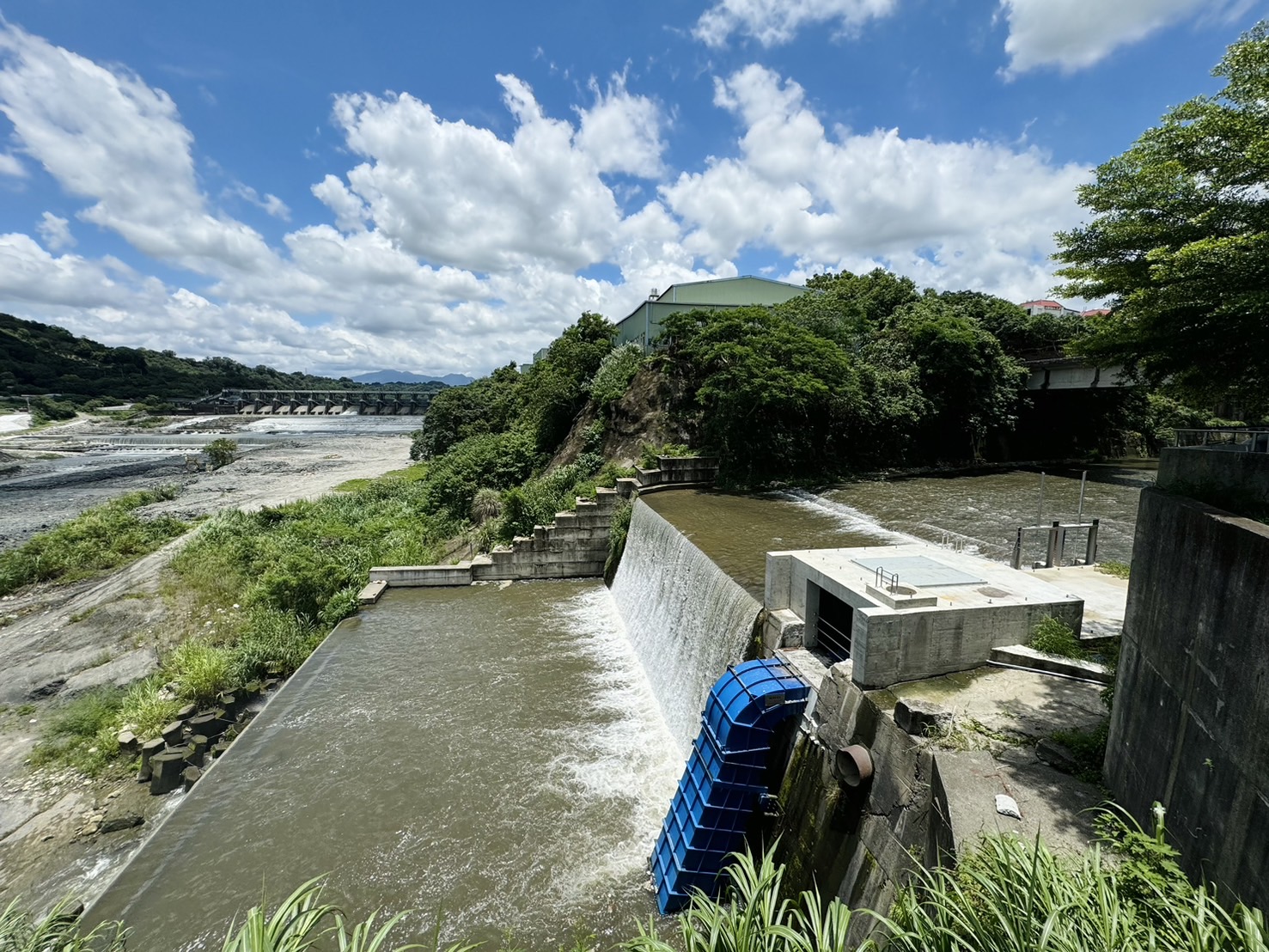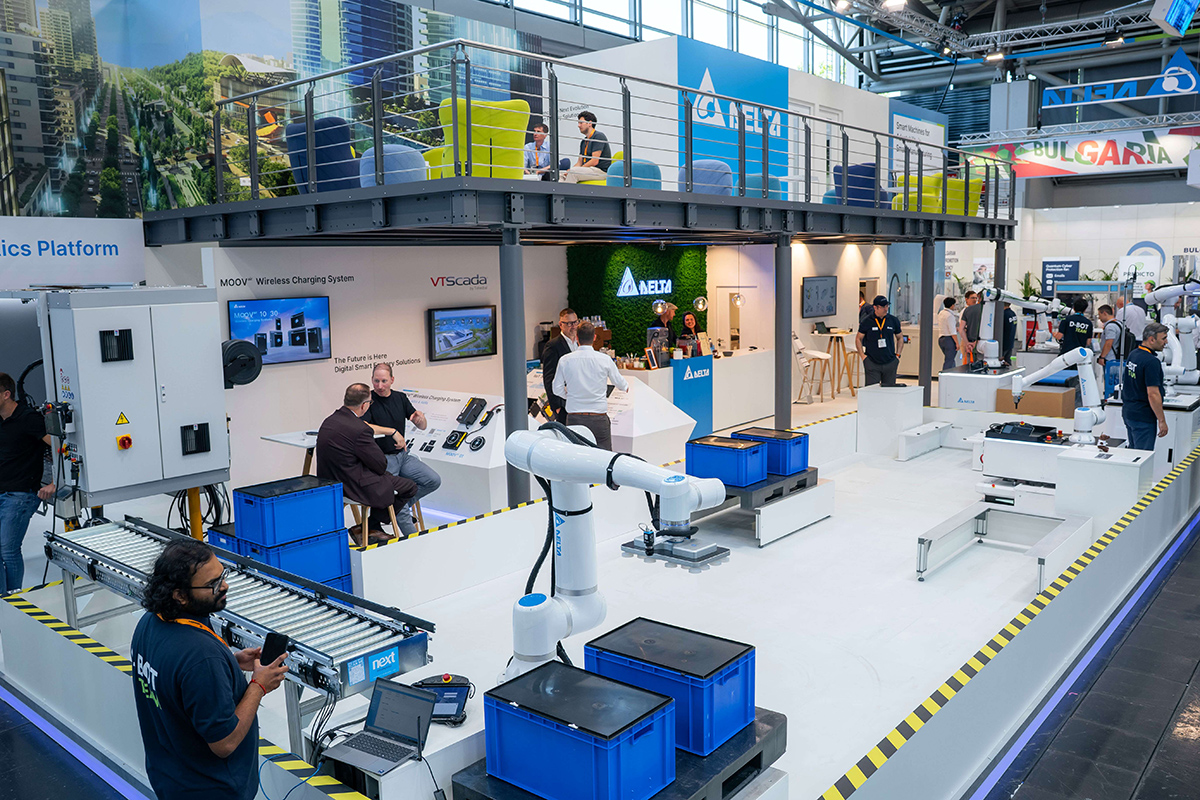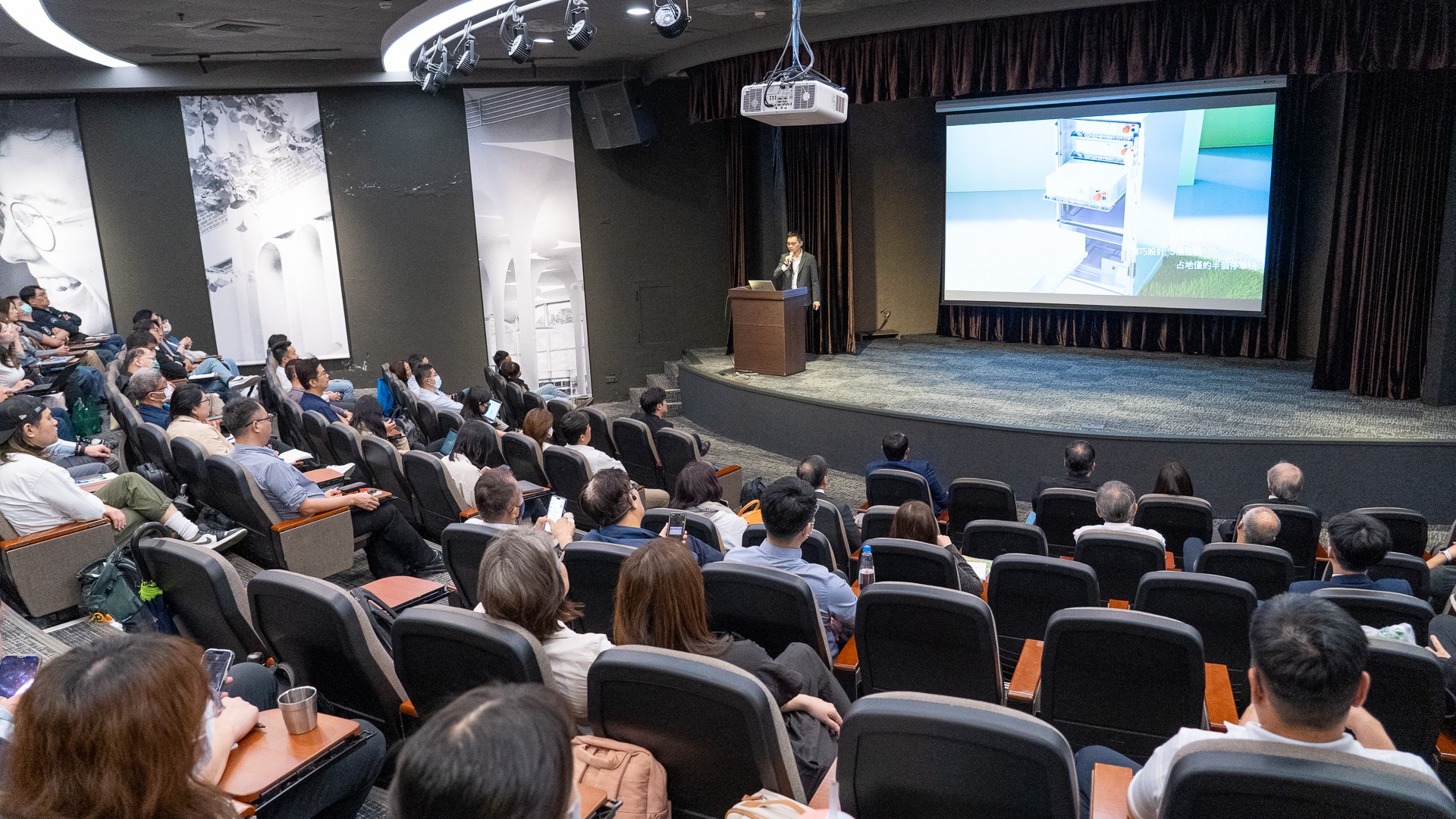Delta Energy recently collaborated with Ardentec, a major player in semiconductor testing, to procure small hydropower renewable energy—promoting energy transition within the industry. Over the next eight years, Delta Energy will provide approximately 1 million kWh of green power annually through energy wheeling from Taiwan’s first small hydropower plant developed under the leadership of a local government—the Shishuike River Drainage Small Hydropower Plant. This partnership not only supports the growth of local renewable energy but also helps businesses diversify their renewable energy portfolios, stabilize electricity supply, and achieve carbon reduction goals, paving the way for sustainability.
Ardentec’s Chief Sustainability Officer, C.C. Rou, stated that in response to climate change, the company has proactively set ESG targets and officially joined RE100 in 2023. Ardentec aims to achieve carbon neutrality by 2050, committing to using 100% renewable electricity at all global locations. By proactively adopting low-carbon green power, Ardentec is reducing its environmental footprint. The collaboration with Delta also enhances the diversity of its renewable energy mix, steadily advancing its RE100 objectives, strengthening the resilience of green operations, and boosting corporate competitiveness. At the same time, Ardentec hopes to lead the way in its value chain and drive the entire industry toward green, low-carbon development. To increase its green electricity penetration rate, Ardentec has not only installed its own solar power systems but also signed a renewable energy procurement agreement with Delta Energy for 2025, under which Delta Energy will supply small hydropower through energy wheeling. This diversified renewable energy strategy aims to improve the overall stability of green electricity supply, promote industrial energy transformation, and advance collective progress toward sustainable development and net-zero goals.
Delta Energy general manager, Daniel Chang, emphasized that with Taiwan’s 2050 net-zero transition target, demand for green electricity from major energy users continues to rise. Although small hydropower offers advantages such as low carbon emissions and minimal environmental impact—particularly when utilizing existing canal infrastructure—its development has been slower than wind and solar power due to geographical limitations. Since 2022, Delta Group has actively procured small hydropower to increase the share of green energy in its mix. Backed by the Group’s technology and expert teams, Delta Energy has rapidly built core capabilities for green electricity transfer and real-time matching. By analyzing generation and consumption data, it optimizes the procurement process and minimizes surplus electricity. Mr. Chang added,“We are honored to have earned Ardentec’s trust in transferring small hydropower to their operations,”highlighting Delta Energy’s ability to provide diverse renewable energy procurement options and jointly accelerate the net-zero transition. The Shishuike river small hydropower plant in Taichung adopts a siphon-type small hydropower generator, utilizing the potential energy of water flow to generate electricity. It produces approximately 1,000 Renewable Energy Certificates (RECs) annually, all of which are fully purchased by Delta Energy.(Image source: Taichung city government)
The Shishuike river small hydropower plant in Taichung adopts a siphon-type small hydropower generator, utilizing the potential energy of water flow to generate electricity. It produces approximately 1,000 Renewable Energy Certificates (RECs) annually, all of which are fully purchased by Delta Energy.(Image source: Taichung city government)















